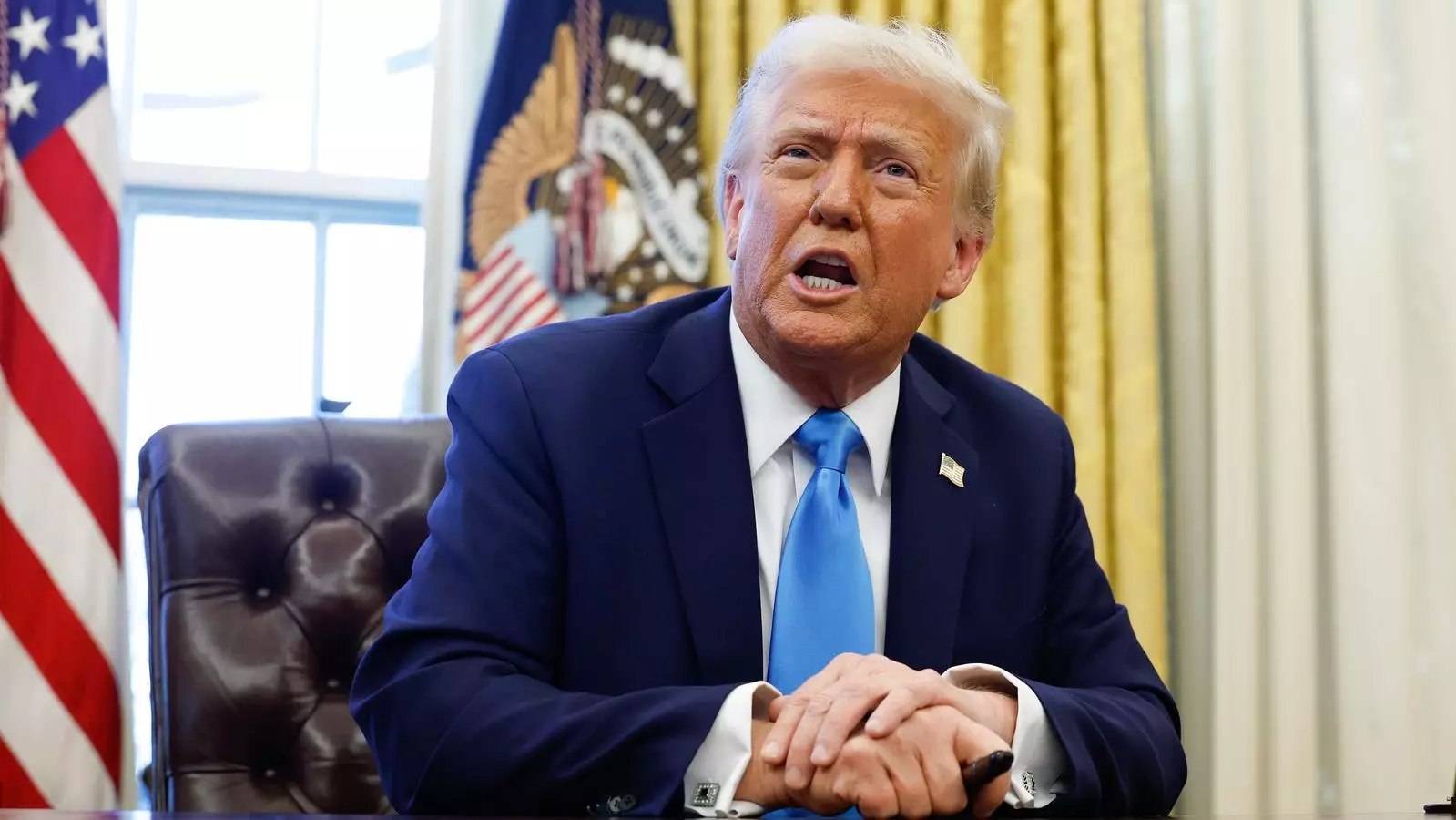The recent alterations to U.S. policies under the new Trump-Vance Administration have ushered in a period defined by controversy and division. As decisions on humanitarian aid, immigration, and health policy unfold, the implications extend far beyond mere political rhetoric. Instead, these changes promise tangible consequences for families, economies, and global relations. This article aims to dissect these three major areas of concern, exploring the long-lasting effects these policies might have on both American citizens and the wider international community.
Despite a plethora of statements boasting a focus on lowering inflation, the Trump-Vance Administration appears to lead initiatives that would likely spike the cost of living for many Americans. Recent analyses suggest that tariff policies and trade disputes with other nations—including Canada, Mexico, and China—are likely to escalate the prices of both imported and domestically produced goods. A working paper from a group of university economists warns that these policies could disproportionately harm those already struggling financially, particularly concerning food affordability.
The interconnection between global trade policies and local economic health cannot be overstated. If the price of food continues to increase, millions may find it harder to provide for their families, resulting not just in financial hardships but substantial public health issues. Farmers, although crucial to the U.S. economy, may find themselves caught in a cycle of increased operational costs, leading to further strain on food security and nutritional standards for the country’s most vulnerable populations.
Equally alarming are the sweeping changes regarding American humanitarian aid. The abrupt halting of funding to the U.S. Agency for International Development (USAID) threatens essential programs in over 65 countries that provide medical care, food relief, and community support. This decision jeopardizes the lives of approximately 60 million individuals reliant on aid, raising concerns over global food security.
Reports indicate that USAID’s personnel are being recalled to the United States, an action that not only incurs significant costs but also disrupts lives within the communities they serve. For these nations, the withdrawal of crucial support may fuel instability and foster environments ripe for conflict. As U.S. Congressman Eric Sorensen aptly noted, the cuts hinder effective governance instead of curbing waste. Consequently, the long-standing reputation of the U.S. as a humanitarian leader on the global stage could be irrevocably tarnished.
Immigrant workers form the backbone of the U.S. food system, accounting for a large proportion of labor in agriculture. Despite contributing vitally to the economy, the Trump-Vance Administration’s executive orders on immigration and aggressive deportation tactics are poised to destabilize this sector. Many of these policies—fueled by preconceived notions surrounding undocumented labor—may paradoxically diminish job security for native workers, burden their sectors with labor shortages, and compromise the nation’s food supply.
Not only does such a stance threaten local farming operations and supply chains, but it also overlooks the broader contributions that immigrants make to the economy. The George W. Bush Institute highlights that immigrant households contribute nearly one out of every six tax dollars collected at various government levels. Reducing their presence merely to chase a political agenda, fears grow that agricultural jobs could transition to exploitative H-2 visa arrangements with questionable working conditions instead of safeguarding human rights and dignity.
The Trump-Vance Administration’s intention to withdraw from significant global institutions, including the World Health Organization (WHO), serves as a cautionary tale for public health governance. As the COVID-19 pandemic demonstrated, a collaborative approach can lead to significant advancements in health outcomes. This withdrawal indicates a preference for nationalistic policies that may further isolate the U.S. from collaborative solutions to global health threats.
As agencies like the Centers for Disease Control and Prevention (CDC) scale back their collaborative efforts with WHO, the implications could reverberate throughout global health responses and preparedness. Furthermore, the decision to pause crucial funding toward environmental initiatives under the Inflation Reduction Act reveals a misguided prioritization that may jeopardize not only the climate but the very health of the population.
The policies of the Trump-Vance Administration signal a shift towards isolationism and shortsightedness that could have devastating effects on economic stability, humanitarian efforts, immigration, and public health. As citizens, it is imperative to remain informed and engaged in these discussions, as the outcomes of these policies will resonate for years to come.

